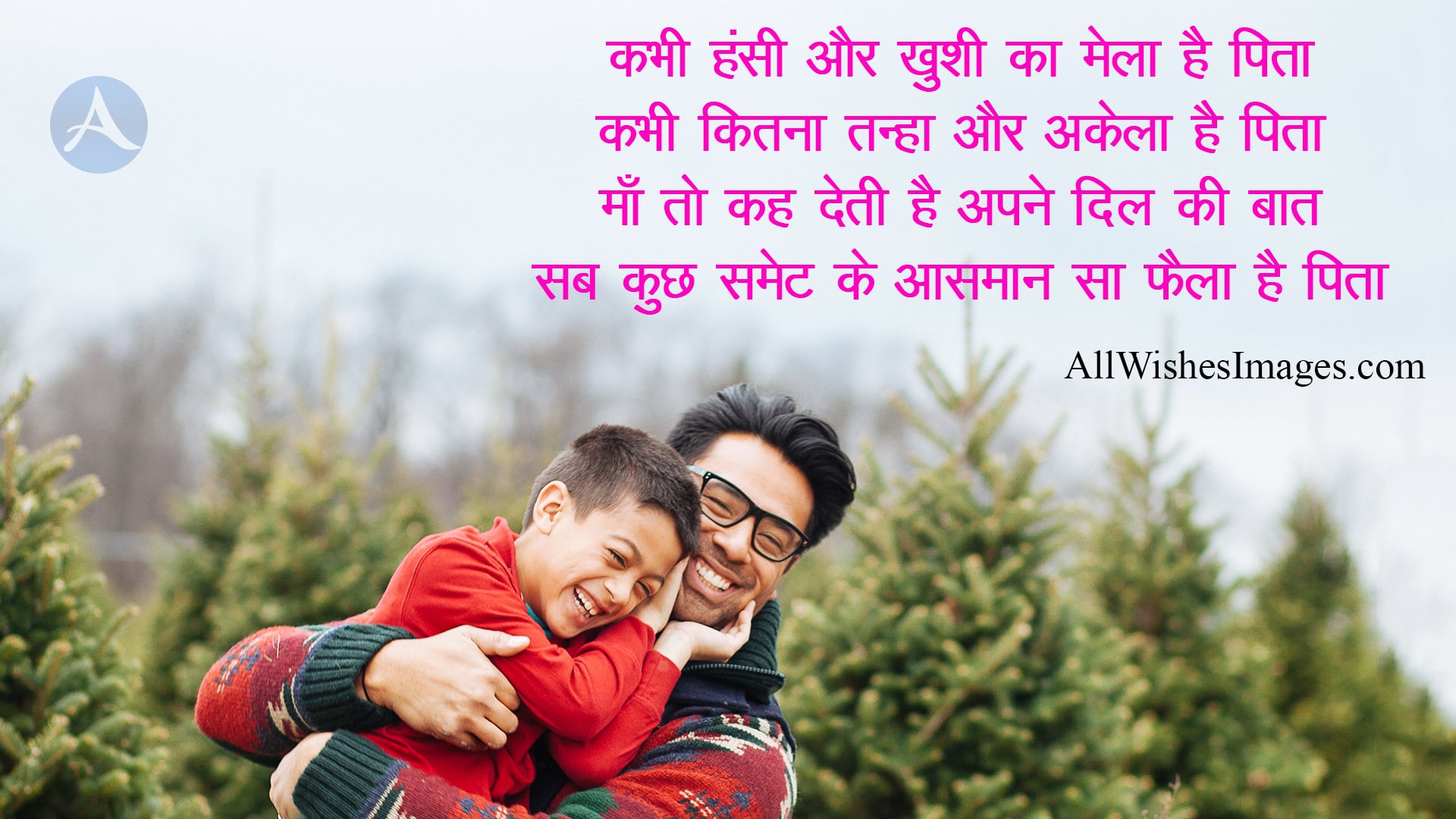Have you ever wanted to express those deep emotions that sometimes only another language can truly capture? Well, buckle up because we're diving headfirst into the world of Hindi expressions. "I always miss you in Hindi" isn't just about translation—it's about feeling. It's about bridging gaps, connecting hearts, and letting someone know they're on your mind no matter where you are. This isn't just a phrase; it's a sentiment that resonates with millions around the globe who speak Hindi.
You know how sometimes English just doesn't cut it when it comes to expressing those raw, unfiltered emotions? That's where Hindi steps in. With its rich vocabulary and soulful expressions, Hindi offers a way to convey feelings that are both intimate and powerful. And if you're looking to say "I always miss you" in Hindi, trust me, there are plenty of beautiful ways to do it.
This article isn't just about learning a phrase or two. It's about understanding the culture, the nuances, and the beauty of Hindi as a language. Whether you're trying to impress someone special or simply want to connect with your roots, this guide will walk you through everything you need to know. So, are you ready to embark on this emotional journey?
- Fameblogs Marvins Peel Emails Address A Deep Dive Into The World Of Digital Influence
- How To Biwire Speakers A Comprehensive Guide For Audiophiles
Table of Contents
- What Does "I Always Miss You" Mean in Hindi?
- Popular Hindi Phrases for Missing Someone
- The Role of Language in Expressing Emotions
- How to Use "I Always Miss You" in Everyday Conversations
- Examples of Sentences Using the Phrase
- Variations and Long-Tail Keywords
- Tips for Pronunciation and Delivery
- A Brief History of Hindi as a Love Language
- Recommended Resources for Learning Hindi
- Wrapping It Up: Why Expressing Love Matters
What Does "I Always Miss You" Mean in Hindi?
When it comes to expressing longing, Hindi has got some of the most poetic and heartfelt ways to say it. The phrase "I always miss you" translates to "हमेशा तुमसे याद आते हो" (Hamesha tumse yaad aate ho). Now, let me break that down for you because every word carries weight in this beautiful language.
हमेशा (Hamesha) means "always," तुमसे (tumse) means "from you" or "about you," and याद आते हो (yaad aate ho) means "you come to mind." So, when you put it all together, you're essentially saying, "You are always on my mind." Doesn't that sound way more romantic than the English version? Exactly!
Why Hindi Feels So Special
There's something about Hindi that makes it perfect for expressing emotions. Maybe it's the rhythm, the melody, or just the sheer depth of the language. Whatever it is, people who speak Hindi often find it easier to convey feelings like love, longing, and nostalgia through its words.
- Hikaru Nagi About The Rising Star Of Anime And Voice Acting
- Remembering Carrie Hamilton A Life Of Talent Passion And Legacy
Popular Hindi Phrases for Missing Someone
If "हमेशा तुमसे याद आते हो" feels a bit too formal for your taste, don't worry—Hindi has plenty of other ways to express missing someone. Here are a few popular phrases that might come in handy:
- तुझे याद करता हूँ (Tujhe yaad karta hoon) – I miss you.
- तुमसे याद आते हो (Tumse yaad aate ho) – You come to my mind.
- हर पल तुम्हारी याद में गुज़रता हूँ (Har pal tumhari yaad mein guzarta hoon) – I spend every moment thinking of you.
- तुमसे दूर होना मुश्किल है (Tumse door hona mushkil hai) – It's hard to be away from you.
These phrases aren't just words—they're emotions wrapped up in a language that's been around for centuries. And isn't that what makes Hindi so special?
The Role of Language in Expressing Emotions
Language is more than just a tool for communication. It's a reflection of culture, tradition, and identity. In many parts of India, Hindi serves as a bridge between different communities, bringing people together through shared expressions of love and longing.
Think about it—when you use a phrase like "हमेशा तुमसे याद आते हो," you're not just saying "I miss you." You're tapping into a cultural heritage that values relationships, family, and connection. It's no wonder Hindi has become such a powerful medium for expressing emotions.
How to Use "I Always Miss You" in Everyday Conversations
Now that you know how to say "I always miss you" in Hindi, let's talk about how to use it in real-life situations. Whether you're texting your partner, calling a friend, or even writing a love letter, here are a few tips to make your message more impactful:
- Be sincere: Authenticity matters more than anything else. If you're not genuine, the person on the other end will notice.
- Use context: Timing is everything. Don't randomly drop the phrase unless the moment feels right. For example, if you're reminiscing about old memories, it's the perfect opportunity to say "हमेशा तुमसे याद आते हो."
- Add personal touches: Customize the phrase to fit your relationship. Maybe you can say something like, "हर पल तुम्हारी याद में गुज़रता हूँ, और फिर भी तुम्हारे साथ बैठना चाहता हूँ" (I spend every moment thinking of you, and yet I still want to sit by your side).
When Is the Best Time to Say It?
There's no hard-and-fast rule here, but generally speaking, moments of vulnerability or reflection are great times to express your feelings. Maybe you're watching a sunset together, or perhaps you're reminiscing about a fun trip you took. These are the kinds of moments that make "हमेशा तुमसे याद आते हो" feel even more meaningful.
Examples of Sentences Using the Phrase
To give you a better idea of how to incorporate "हमेशा तुमसे याद आते हो" into your conversations, here are a few examples:
- "जब तक तुम साथ नहीं हो, हमेशा तुमसे याद आते हो" (As long as you're not with me, you're always on my mind).
- "हर समय तुम्हारी याद में गुज़रता हूँ, लेकिन हमेशा तुमसे याद आते हो" (I spend every moment thinking of you, but you're always on my mind).
- "तुम्हारे बगैर जीना मुश्किल है, हमेशा तुमसे याद आते हो" (Living without you is hard, and you're always on my mind).
See how these sentences flow naturally? That's the beauty of Hindi—it allows you to express complex emotions in a way that feels both personal and universal.
Variations and Long-Tail Keywords
Let's talk about variations of the phrase and some long-tail keywords that might help you optimize this content for search engines. Here are a few ideas:
- "How to say I miss you in Hindi"
- "Best Hindi phrases for expressing love"
- "Romantic Hindi sentences for missing someone"
- "Hindi words for longing and nostalgia"
These variations not only make your content more diverse but also help you reach a wider audience who might be searching for similar phrases or expressions.
Why Variations Matter
Using variations of your main keyword helps improve your article's SEO performance. It shows search engines that your content is comprehensive and relevant to a wide range of queries. Plus, it gives readers more options to explore, which keeps them engaged with your content for longer.
Tips for Pronunciation and Delivery
Okay, so you've learned how to say "हमेशा तुमसे याद आते हो," but how do you make sure you're pronouncing it correctly? Here are a few tips:
- Listen to native speakers: YouTube is your best friend here. Look for videos where native Hindi speakers are using the phrase in context.
- Practice regularly: Repetition is key. The more you practice, the better you'll get at pronouncing the words naturally.
- Pay attention to tone: Hindi, like many other languages, relies heavily on tone. Make sure you're emphasizing the right syllables to avoid sounding off-key.
And remember, delivery matters just as much as pronunciation. If you say the phrase with genuine emotion, chances are the person on the receiving end won't even notice if you mispronounce a word or two.
A Brief History of Hindi as a Love Language
Hindi hasn't always been the romantic powerhouse it is today. Its evolution as a language of love can be traced back to ancient Indian poetry and literature, where poets like Kabir and Mirza Ghalib used Hindi to express their deepest emotions.
In fact, many of the phrases we use today have roots in classical Hindi poetry. Think about it—when you say "हमेशा तुमसे याद आते हो," you're continuing a tradition that's been around for centuries. Isn't that amazing?
Modern Hindi and Its Influence
Fast forward to today, and Hindi continues to thrive as a language of love and connection. Bollywood movies, in particular, have played a huge role in popularizing Hindi expressions around the world. Songs like "Tere Liye" and "Tum Hi Ho" have introduced millions of people to the beauty of Hindi as a medium for expressing emotions.
Recommended Resources for Learning Hindi
If you're serious about learning Hindi, here are a few resources that might help:
- Duolingo: A great app for beginners who want to learn basic Hindi phrases.
- YouTube Channels: Channels like "Learn Hindi with Me" offer free lessons on everything from pronunciation to grammar.
- Language Exchange Apps: Apps like Tandem and HelloTalk connect you with native Hindi speakers who can help you improve your skills.
Remember, learning a new language takes time and patience. But trust me, the effort is worth it when you can express your feelings in a way that resonates with someone special.
Wrapping It Up: Why Expressing Love Matters
At the end of the day, expressing love and longing isn't just about finding the right words—it's about making someone feel seen, heard, and valued. Whether you're saying "हमेशा तुमसे याद आते हो" in Hindi or "I always miss you" in English, the sentiment remains the same.
So, if you've been inspired by this article, why not take the first



Detail Author:
- Name : Eleonore Kerluke
- Username : josefa20
- Email : judy52@hotmail.com
- Birthdate : 1988-04-10
- Address : 491 Crist Circle Suite 766 Lelandview, GA 65902
- Phone : +1.463.767.3466
- Company : Wisozk-Langworth
- Job : Coating Machine Operator
- Bio : Magni impedit excepturi cum earum. Enim cupiditate rerum optio nemo et modi eum. Quis provident veritatis dolorem reiciendis blanditiis inventore culpa.
Socials
linkedin:
- url : https://linkedin.com/in/alejandra_dev
- username : alejandra_dev
- bio : Quia rerum nobis possimus omnis.
- followers : 1408
- following : 1439
facebook:
- url : https://facebook.com/alejandra.skiles
- username : alejandra.skiles
- bio : Rem eum eos est corporis. Et nesciunt ad et consequatur quo.
- followers : 5910
- following : 823
twitter:
- url : https://twitter.com/alejandra_skiles
- username : alejandra_skiles
- bio : Eum adipisci non et mollitia. Id modi quaerat repellat voluptatem non omnis nostrum. Velit quia molestias nemo eum.
- followers : 2648
- following : 2756